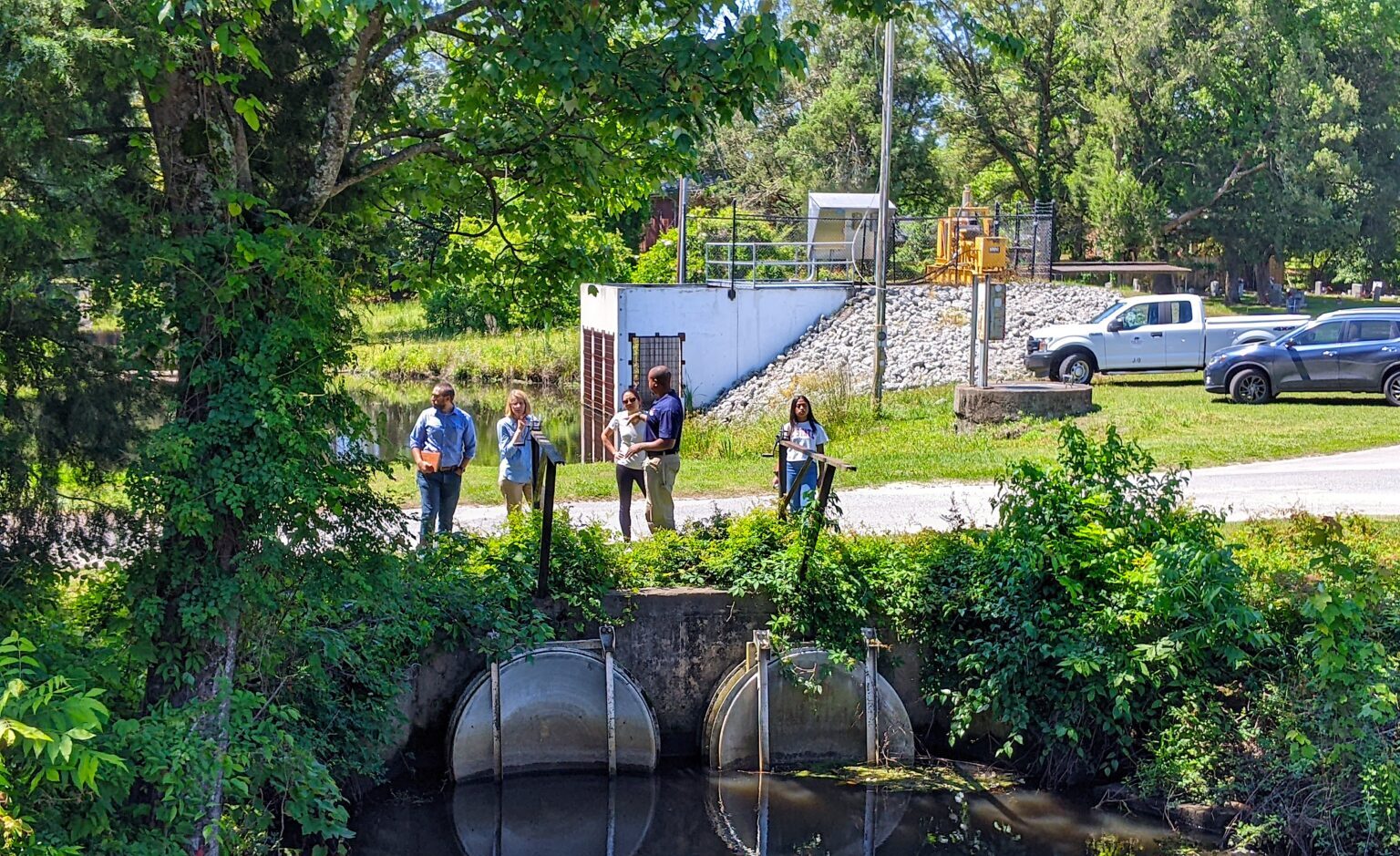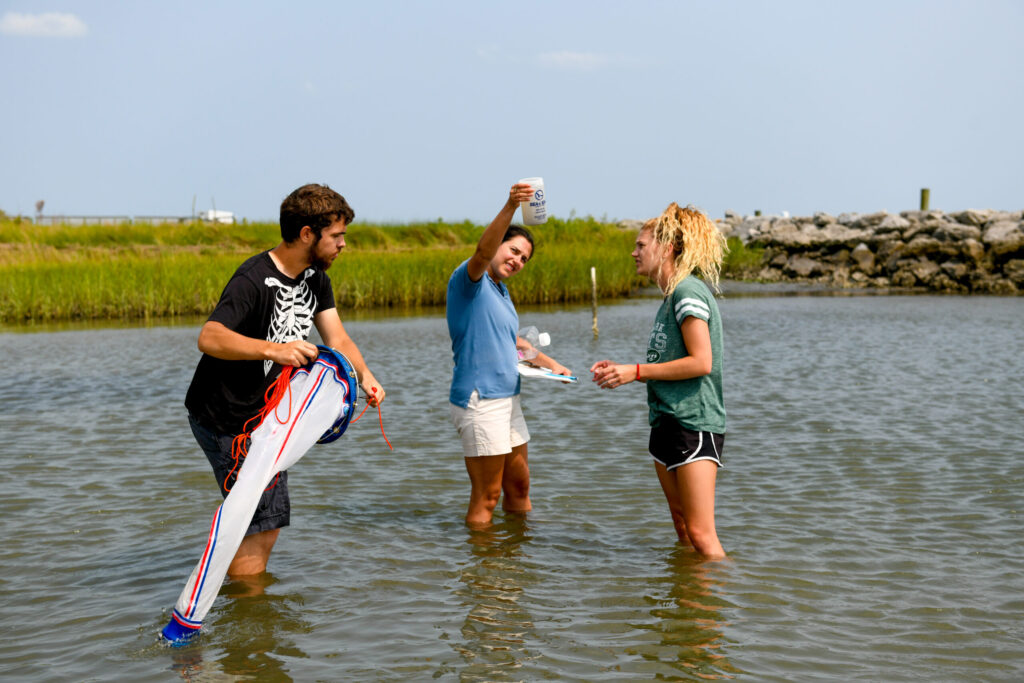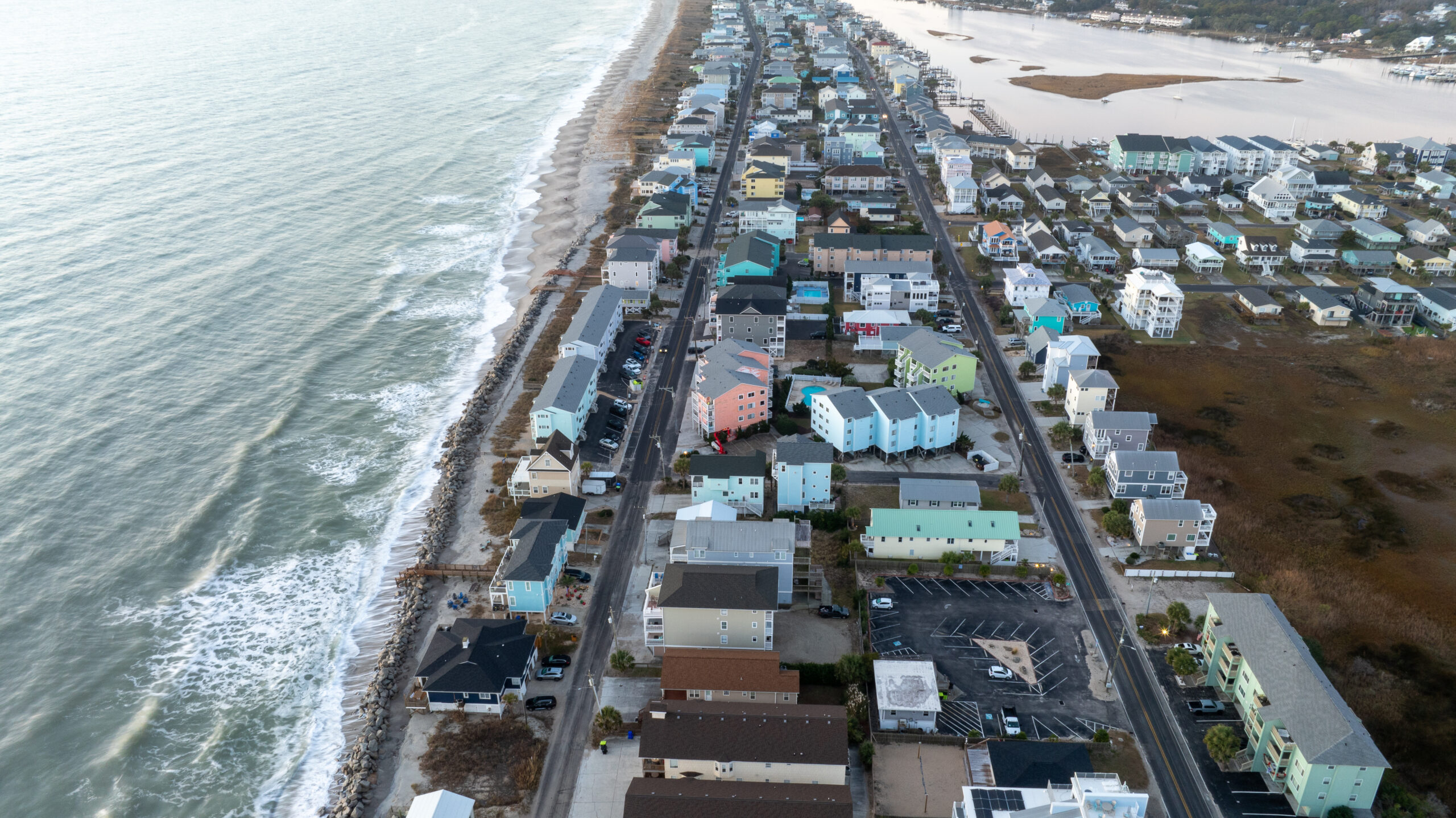NC Sea Grant Among Programs Advancing Resilient Coastal Communities

Sea Grant programs across the nation are scaling up capacity to support additional hands-on, collaborative engagement to advance the sustainability of coastal and Great Lakes communities. Sea Grant awarded $4 million in fiscal year 2023 funds to its grant-based programs nationwide to continue or expand ongoing work or address new opportunities for coastal climate adaptation and resilience for the communities that Sea Grant serves.
“Through our combined research and outreach mission, we are directly helping communities to prepare to address the challenges associated with a changing climate,” notes Susan White, North Carolina Sea Grant executive director.
In particular, North Carolina Sea Grant is using its $125,000 in targeted funding to expand capacity in its resilience portfolio. “Our team is actively assisting communities to access and understand scientific and technical information to address weather- and climate-related hazards through collaborative, science-based solutions,” White adds.
The funding also extends an annual competition for graduate students to develop teams including undergraduates to research a community-based resilience topic. “This is a dual benefit – one for a particular community, and also to develop the next generation of resilience leaders as they work with mentors among our extension specialists,” adds Frank López, NC Sea Grant extension director.

Jonathan Pennock, director of NOAA’s National Sea Grant College Program notes similar efforts across the nation. “The funded projects, and additional work with partners, will enhance communities’ resilience with a number of localized initiatives.”
The adaptation and resilience funds are further leveraged by additional program funds and at least 50 percent matched partner contributions, among a broader set of relevant Sea Grant awards.
The funded projects include support for engagement, knowledge sharing, research, technical assistance, decision support, project implementation, and partnership coordination and collaboration to help address community adaptation and resilience needs, along with support for resilience-focused staff capacity. This work also includes engagement with tribal, Indigenous, remote, and economically disadvantaged communities.
Sea Grant programs are trusted as an important connector of university, government, community and coastal industry decision-making, and are uniquely positioned to improve engagement, communication and collaboration that supports managing coastal issues and
addressing climate-related challenges. Through historic and ongoing support, Sea Grant programs aim to serve as intermediaries, trusted partners, and coordinators that facilitate and build capacity for climate resilience and adaptation.
Read more about the work that Sea Grant programs are advancing with coastal communities to address social, ecological and economic climate impacts, including with NOAA’s Disaster Preparedness Program, the U.S. Coastal Research Program, and through fiscal year 2022 coastal adaptation and resilience institutional funding.
Learn more about the Coastal Resilience Team Competition, including the student team winning NC Sea Grant’s inaugural Coastal Resilience Team Competition award in spring 2022 for a proposed project to incorporate ecosystem services into flood resilience planning in New Bern.
#
- Categories:


